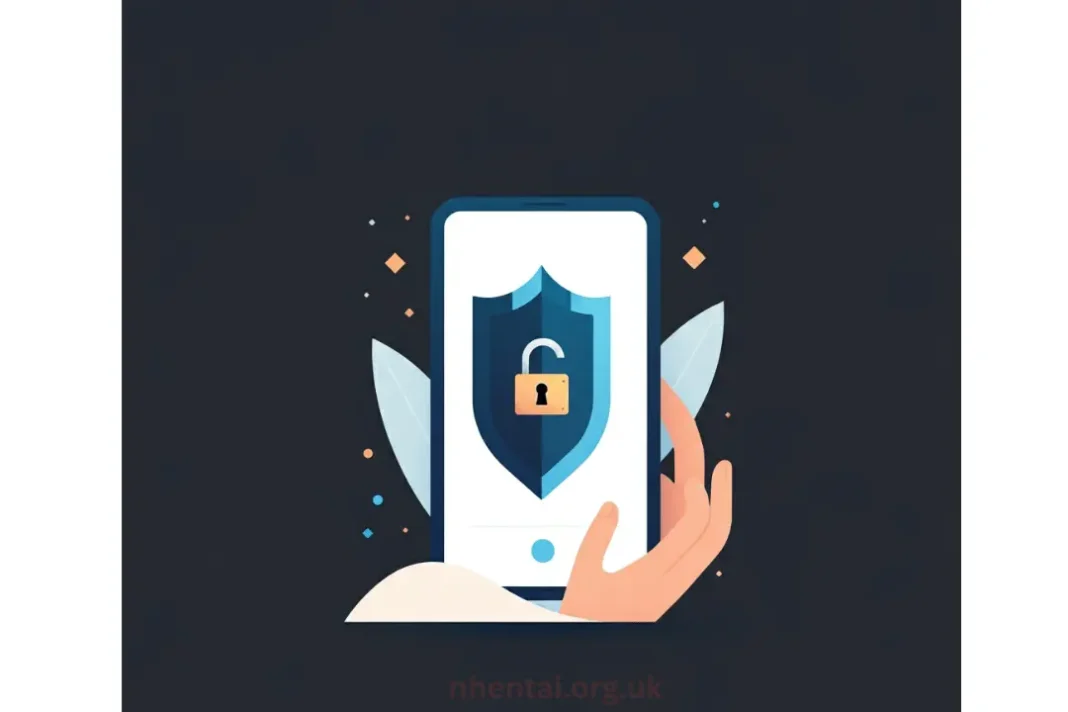Navigating the internet requires a certain level of caution, especially when visiting websites that host user-generated content. One such site that frequently comes up in discussions is nhentai, a popular online repository for doujinshi, or self-published manga. If you’ve found your way to this site, you might be asking a crucial question: is nhentai safe?
This guide provides a detailed look into the safety of using nhentai. We will explore the potential risks involved, such as malware and legal concerns, and offer practical advice on how to protect yourself while browsing. Understanding these factors is key to making an informed decision about your online activities.
Contents
Understanding the Risks of Using nhentai
When evaluating if nhentai is safe, it’s important to consider several potential risks. These issues are not unique to this specific site but are common across many platforms that aggregate content from various sources without strict moderation.
Malware and Malicious Ads
One of the most significant concerns for users is the presence of malware, viruses, and intrusive advertising.
- Pop-ups and Redirects: Many users report aggressive pop-up ads and redirects when using the site. These ads can lead to malicious websites designed to trick you into downloading harmful software or revealing personal information.
- Infected Files: While the site itself primarily hosts images, the advertisements and links on the platform can be a gateway for malware. Clicking on a deceptive ad could initiate a download of spyware, adware, or even ransomware onto your device.
- Phishing Attempts: Some ads may mimic legitimate login pages for other services (like your email or social media) in an attempt to steal your credentials. This practice, known as phishing, is a common threat on sites with third-party advertising networks.
Privacy Concerns
Your online privacy is another area of concern. Without proper precautions, your browsing activity could be exposed to third parties.
- Data Tracking: Like most websites, nhentai and its advertising partners use cookies and trackers to monitor user behavior. This data can be used to build a profile of your interests for targeted advertising.
- IP Address Exposure: Your Internet Protocol (IP) address, which can reveal your general location, is visible to the websites you visit. This information could potentially be logged by the site or third-party advertisers.
Legal and Copyright Considerations
The content hosted on nhentai exists in a complex legal area. The materials are often fan-made works based on existing characters and franchises, but they are typically uploaded and shared without the original copyright holder’s permission.
Accessing or downloading copyrighted material without authorization can be illegal in many countries. While enforcement against individual users is rare, it remains a potential legal risk to be aware of. The legal status of the content itself can vary greatly depending on your location and local laws.
How to Safely Browse nhentai
Given the potential risks, is nhentai safe to use at all? You can significantly improve your safety by taking several proactive steps. These measures help protect your device and personal information from common online threats.
1. Use a Powerful Ad-Blocker
An ad-blocker is your first line of defense. This browser extension prevents most pop-ups, banners, and malicious ads from loading in the first place. By blocking these elements, you reduce the risk of accidentally clicking a harmful link or being redirected to a dangerous site. Popular and effective ad-blockers include uBlock Origin and AdGuard.
2. Install Reputable Antivirus Software
Before visiting any website of this nature, ensure you have a reliable antivirus program installed and running on your device. Antivirus software can detect and block malware before it can cause harm. Keep it updated to protect against the latest threats. If you do accidentally download a malicious file, your antivirus can quarantine and remove it.
3. Use a Virtual Private Network (VPN)
A VPN is an excellent tool for enhancing your online privacy and security. It encrypts your internet connection and masks your IP address, making it much more difficult for websites, internet service providers (ISPs), or other third parties to track your online activity. This adds a crucial layer of anonymity to your browsing sessions.
4. Be Cautious About What You Click
Practice smart browsing habits. Avoid clicking on suspicious-looking advertisements or links, especially those that promise free prizes or seem too good to be true. Never download files from an unknown source. Stay on the main website and be wary of any link that tries to navigate you away from it.
5. Keep Your Browser and System Updated
Software updates often contain critical security patches that protect you from newly discovered vulnerabilities. Ensure that your web browser, operating system, and all other software are always up to date. This simple step can prevent many types of cyberattacks.
The Final Verdict: Is nhentai Safe?
So, is nhentai safe? The answer is nuanced. The website itself is not inherently malicious, but the third-party advertisements it displays can pose significant security risks, including malware, phishing, and unwanted redirects. Furthermore, the content’s legal status is ambiguous, and your privacy could be compromised without protective measures.
However, by using a combination of an ad-blocker, antivirus software, and a VPN, you can create a much safer browsing environment. Being mindful of what you click and keeping your software updated further reduces your risk. Ultimately, using nhentai can be made reasonably safe if you take the right precautions to protect your device and your privacy.
You may also read: Tech Meets Hentai: How AI and Digital Tools Are Revolutionizing Manga Creation
For more info visit Nhentai


